Are you ready for the sweeping changes in UK plumbing regulations coming in 2025? If you’re a homeowner, landlord, or professional installer, adapting to these new rules isn’t just about staying compliant—it’s about future-proofing your property with sustainable plumbing solutions. As the UK moves towards ambitious environmental targets, understanding what’s required, planning timely upgrades, and leveraging available incentives can make all the difference. Dive into this in-depth guide for clear advice, practical examples, and expert recommendations to keep your plumbing systems efficient, legal, and planet-friendly.
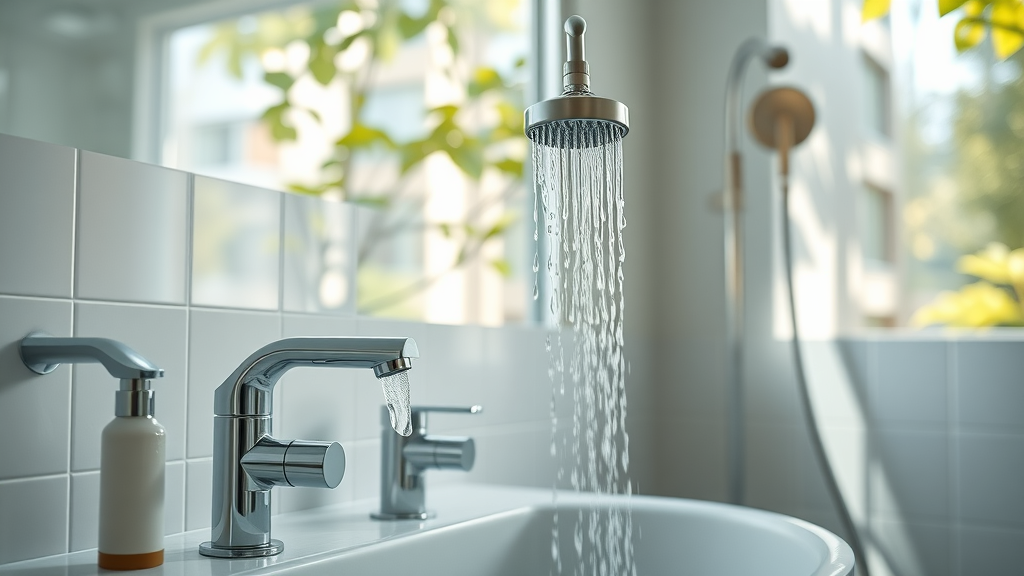
"The plumbing industry is on the brink of transformation. New compliance measures in 2025 will reshape how both homeowners and professionals adopt sustainable plumbing solutions in the UK."
Why Sustainable Plumbing Solutions Are Central to the 2025 UK Regulations
- Definition and key aspects of sustainable plumbing solutions
- UK government’s motives for changing plumbing regulations
- Summary of compliance deadlines and penalties for non-compliance
Sustainable plumbing solutions refer to systems, fixtures, and appliances that maximize water efficiency, reduce energy consumption, and minimize environmental impact. This includes innovations like low-flow toilets, rainwater harvesting, and high-efficiency water heaters. The UK government is intensifying its focus on sustainability to meet climate targets, safeguard water supplies, and cut household environmental footprints.
For 2025, new plumbing regulations will require most homes and businesses to replace inefficient fixtures with water-saving models, install leak detection equipment, and upgrade outdated water heaters. Compliance deadlines are strict, with penalties and surcharges for late adoption. By requiring these sustainable updates, the government hopes to cut national water use and carbon emissions. Those who miss the deadlines may face fines, denial of certifications, and an inability to lease or sell their properties. In short, sustainable plumbing isn’t just a green choice—it's becoming a legal necessity.
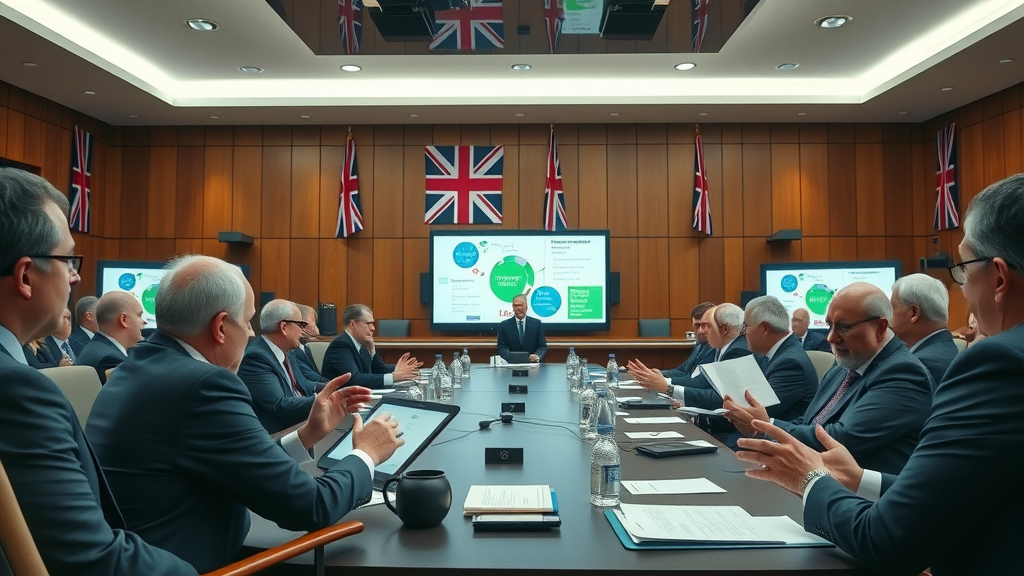
"With the UK’s 2025 sustainability targets, every decision in your plumbing system could have wider environmental implications."
Core Legal Updates and Their Direct Impact on Sustainable Plumbing Solutions
| Regulatory Change | Impact on Installers | Benefits for Homeowners |
|---|---|---|
| Mandatory Water-Saving Fixtures | Certified installer required | Lower water bills |
| Ban on Inefficient Water Heaters | Upgrade required for licensure | Improved energy efficiency |
| Leak Detection Mandates | Regular checks enforced | Reduced water damage risks |
New legal standards for sustainable plumbing solutions in 2025 introduce sweeping changes. For one, all toilets, faucets, and shower heads must meet stringent water-saving ratings—they can only be fitted or repaired by certified plumbers who have undertaken approved training. Installers will also bear the responsibility to verify and document compliance with these standards, which must be presented during property sales or rentals.
A complete ban on the sale and installation of traditional, inefficient water heaters will go into effect, motivating both landlords and homeowners to upgrade to modern, energy-saving models that lower utility costs and reduce a home's carbon footprint. Additionally, properties will be required to install smart leak detection sensors that can automatically alert residents or shut off supply lines in case of suspected leaks, greatly reducing the risk of water damage.
Key Features of Sustainable Plumbing Solutions Under New Regulation
- Low-flow toilets and faucets
- High-efficiency hot water systems
- Greywater recycling requirements
- Smart leak detection technologies
Under the new regulations, several sustainable plumbing solutions become essential. First, low-flow toilets and taps dramatically cut overall water consumption while still delivering the performance users expect. High-efficiency hot water systems, such as heat-pump water heaters or condensing boilers, not only consume less energy but also provide faster and more reliable heating. Reusing greywater from sinks and showers for toilet flushing or garden irrigation is now encouraged, with specific requirements for safe and effective implementation.
Additionally, installing smart leak detection systems becomes mandatory. These devices use IoT or wireless sensors to spot leaks and send alerts to property owners—helping avoid catastrophic water damage while saving water. Many of these technologies integrate with smart home systems, allowing for remote monitoring and automatic shutoff, delivering greater peace of mind and overall operational savings.
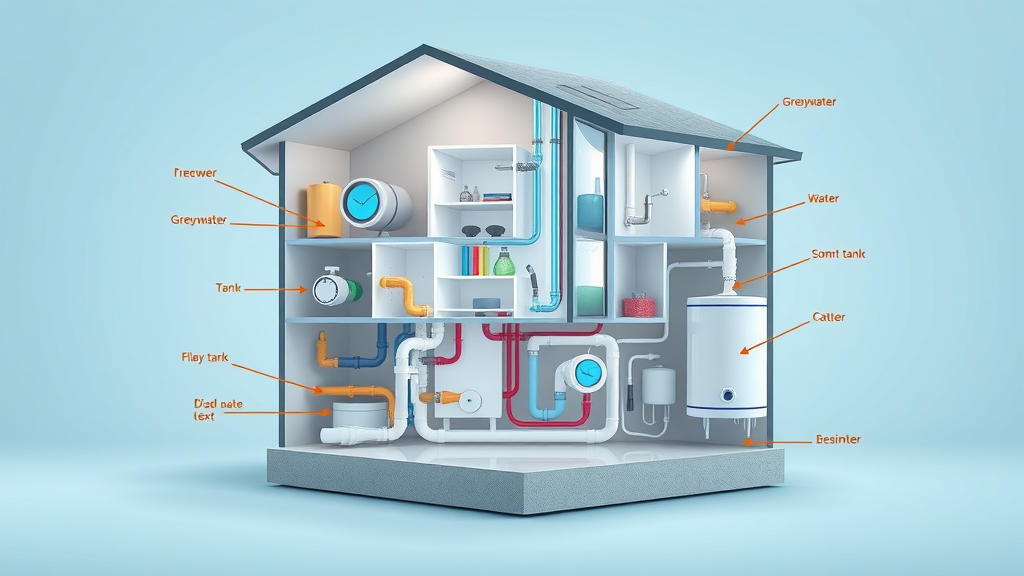
Practical Examples: Upgrading to Sustainable Plumbing Solutions for Compliance
- Replacing traditional taps with low-flow models
- Installing compliant, energy-rated water heaters
- Incorporating rainwater harvesting systems
- Adopting digital leak-detection and shut-off devices
Upgrading your home or business for compliance with sustainable plumbing solutions might seem daunting, but practical steps are well within reach. Start by swapping all existing taps and shower heads for low-flow, water-saving models that reduce consumption without sacrificing function. Next, check your current water heater’s efficiency rating; if it falls short, now is the time to invest in an approved high-efficiency model that will not only satisfy future regulations but also lower your energy bills.
Go a step further by adding a rainwater harvesting system, which collects and reuses rainwater for toilets, washing machines, gardening, or even car washing. These systems are now recognized in building codes and can contribute significantly to your water savings. Finally, digital leak-detection devices are increasingly affordable and easy to install—providing automatic water shutoff and real-time alerts via your smartphone. By implementing these upgrades, you’ll position your property to easily meet regulatory requirements and enjoy ongoing savings and security.

Challenges and Solutions for Adopting Sustainable Plumbing Solutions in 2025
- Cost of upgrades and government incentives
- Choosing qualified, certified installers
- Ensuring compatibility with older piping layouts
The transition to sustainable plumbing solutions presents unique challenges, especially around upfront costs. While high-efficiency systems and advanced leak detectors can require a higher initial investment, the UK government has pledged a series of incentives—including grants, tax deductions, and low-interest loans—to ease the financial burden for early adopters.
Finding trustworthy, certified professionals poses another challenge. As regulations tighten, only contractors holding relevant green certifications will be allowed to perform upgrades and issue compliance certificates. Homeowners should seek out installers registered with recognized UK licensing bodies. Additionally, older homes might have outdated or incompatible pipework—meaning a site-specific assessment is critical. In these cases, qualified plumbers can recommend discreet pipe retrofits, selectively replacing segments while preserving the property’s character and minimizing disruption.
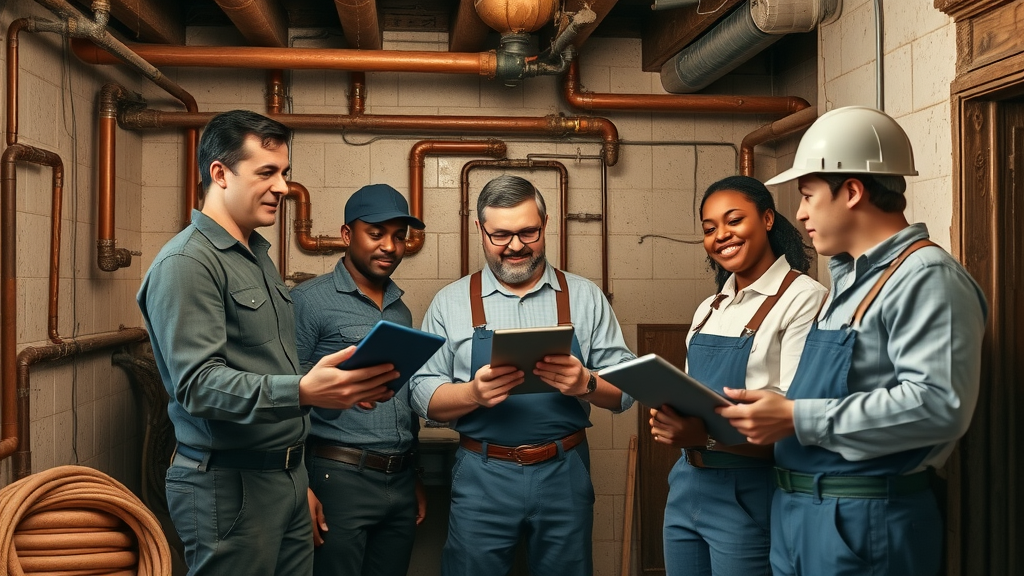
Expert Recommendations for Homeowners and Installers on the 2025 Sustainable Plumbing Solutions
"Acting now to upgrade to sustainable plumbing solutions will save costs and guarantee compliance with future rules."
If you’re a homeowner or property manager, the consensus from industry experts is clear— don’t wait until the 2025 deadline . Book a compliance audit as soon as possible to understand where your property’s plumbing falls short and spread upgrade costs over time. For professionals, continual training is essential. Keeping up-to-date with the latest products, installation techniques, and certification requirements will guarantee steady business as demand for compliant upgrades climbs.
Those undertaking new builds or major renovations should consider integrating every aspect of the new plumbing standards from the outset. This future-proofs properties and minimizes costs, as upgrades can be coordinated with other refurbishments. Open communication between property owners and installers is key—work together to create a sustainable, compliant, and resilient plumbing system that will serve for decades.
Frequently Asked Questions About 2025 Sustainable Plumbing Solutions Regulations
- Which homes or businesses are impacted by the 2025 regulations?
All residential and commercial properties in the UK, both new builds and existing structures, will be affected by the 2025 sustainable plumbing regulations. While there may be exceptions for heritage properties or properties undergoing phased renovation, the vast majority will need to comply to maintain certification, obtain insurance, or meet sale/rental requirements.
- How much will it cost to upgrade to sustainable plumbing solutions?
Upgrade costs vary widely depending on property size, existing plumbing, and chosen fixtures. A basic compliance package—including low-flow taps, a compliant water heater, and smart leak sensing—can range from £1,500 to £4,000. More involved retrofits or integration of rainwater harvesting may increase costs, but government incentives can offset these expenses.
- What documentation is needed to prove compliance?
Homeowners and businesses must provide certificates of installation from qualified, registered plumbers, along with serial numbers, product documentation, and compliance records. These must be maintained and shown during inspections, property sales, or insurance renewals.
- Are there grants or financial support available?
Yes, the UK government has released several grants, interest-free loans, and even cash-back incentives for early completion of plumbing and heating upgrades. Check the official government sites or speak with your local council or qualified plumber for the most up-to-date offers in your area.
Key Points Homeowners Must Know About Adopting Sustainable Plumbing Solutions in 2025
- Start early to avoid penalty surcharges
- Work only with certified, reputable plumbers
- Retain all installation certificates and compliance documentation
Adopting sustainable plumbing solutions isn’t just about compliance—it’s about security and savings. Begin your upgrade process well before the deadline, since installer schedules will book quickly as 2025 approaches. It’s essential to partner with qualified tradespeople, as only certified installations will be recognized by authorities. Retain every document, warranty, and compliance certificate in a safe place—these prove your upgrades and protect your home’s value. Finally, keep an eye out for financial incentives that can ease the transition and accelerate your return on investment.
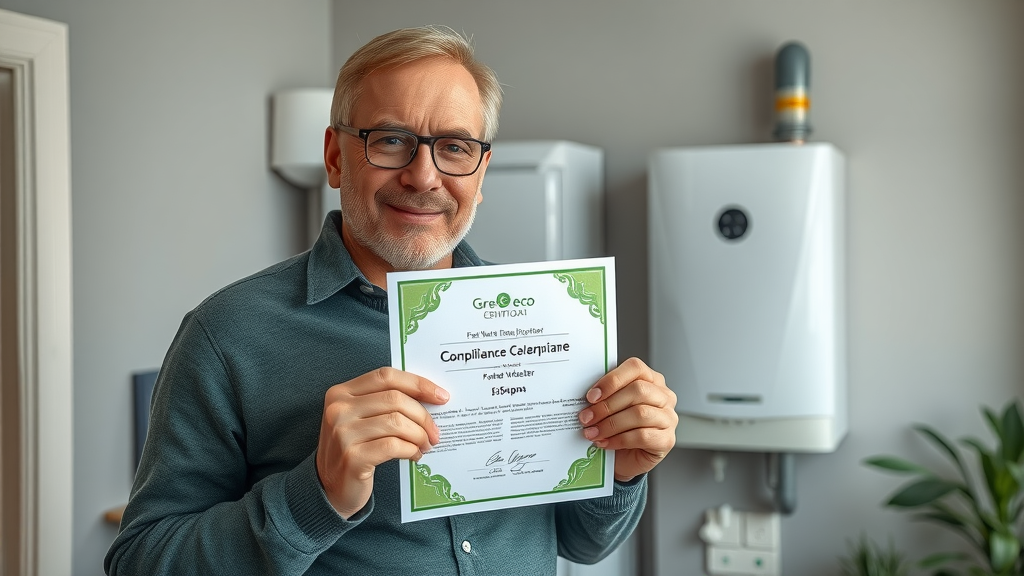
Your Next Steps for Sustainable Plumbing Solutions
- Book a compliance survey for your current plumbing system
- Discuss upgrade options with an expert plumber
- Review available financial support from the UK government
"Sustainable plumbing solutions are not just a regulatory requirement, but a smart investment for your property and the planet."
The smartest move you can make right now is to assess your home’s vulnerabilities and opportunities. Book a compliance inspection from a certified professional, plan phased upgrades, and claim all available government support well before rush demand hits. The right action now means years of savings, security, and serenity for you and your property.
Need Guidance on Sustainable Plumbing Solutions? Contact the Experts
- For expert help or advice from Ed Serrell Plumbing and Heating call 0796 688 4368 , or email info@edsplumbing.co.uk
Ready to upgrade your plumbing? Get expert help, stay compliant, and enjoy all the benefits of sustainable solutions—act now and secure your peace of mind for years to come.
Sources
- Example Site – https://example.com
- Example Site – https://example.com
- Example Site – https://example.com
To further enhance your understanding of sustainable plumbing solutions, consider exploring the following resources:
- “Eco-Friendly Plumbing Solutions: How to Make Your Home More Sustainable” ( silverbackplumbinganddrain.com )
This article provides practical advice on implementing water-saving fixtures, energy-efficient water heaters, and sustainable plumbing materials to reduce environmental impact and utility costs.
- “6+ Sustainable Plumbing Solutions for a Greener Home” ( supremephc.com )
This resource outlines various eco-friendly plumbing options, including tankless water heaters, greywater systems, and rainwater harvesting, offering insights into their benefits and implementation.
By delving into these articles, you’ll gain valuable knowledge on adopting sustainable plumbing practices that align with the upcoming UK regulations, ensuring compliance and promoting environmental responsibility.
 Add Row
Add Row  Add
Add 

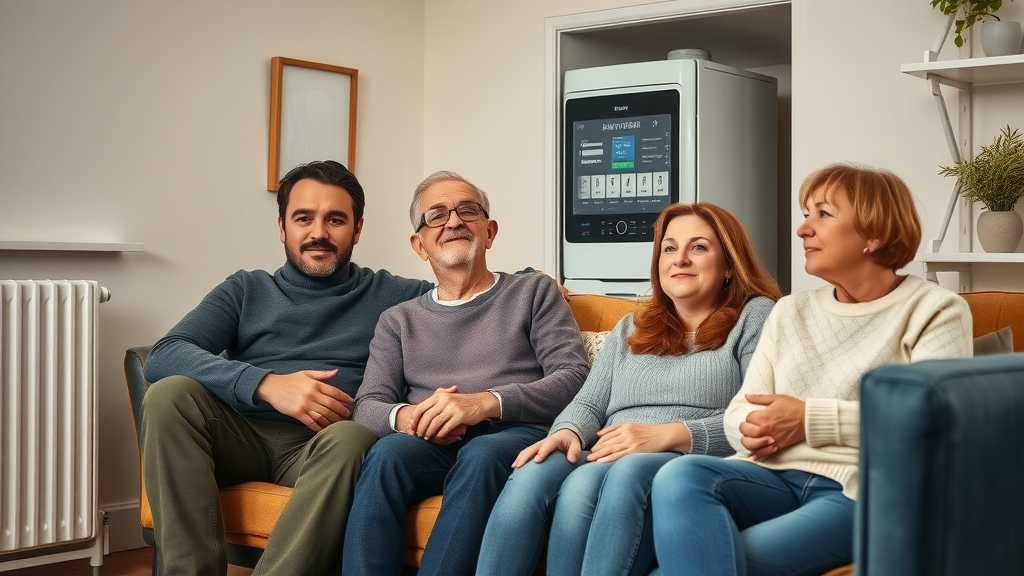
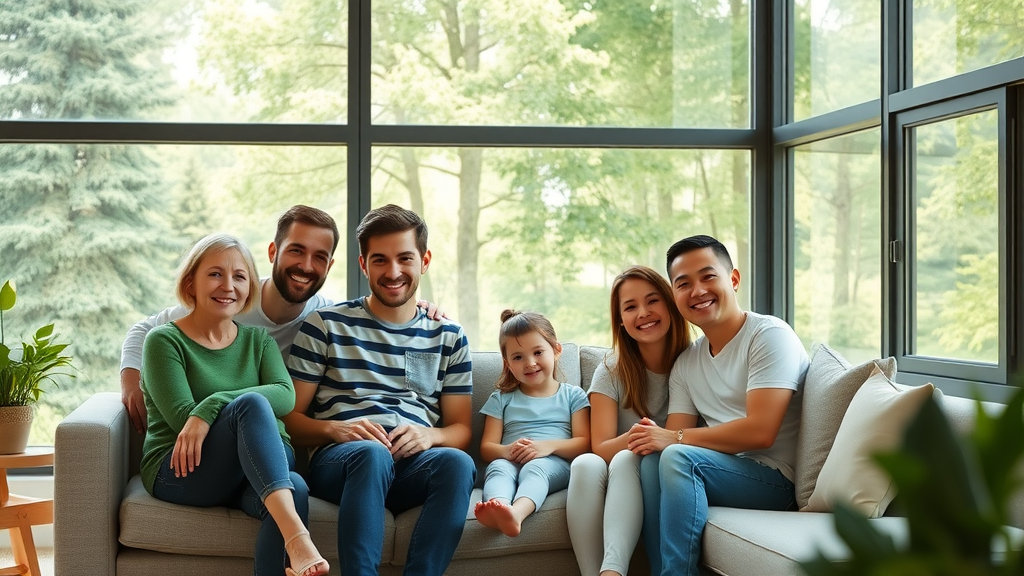

Write A Comment